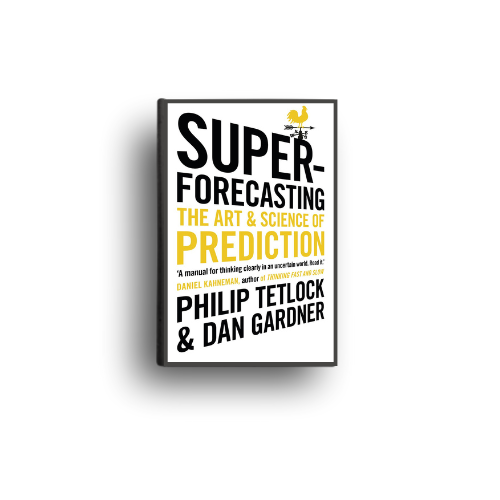Can the future be predicted? These guys think so. In Superforecasters, Philip Tetlock and Dan Gardner reveal the habits, mindsets, and methods of individuals who are extraordinarily accurate in predicting future events—not by using crystal balls, but by using three habits systematically:
- Thinking clearly
- Updating frequently, and
- Practicing actively
These people—Superforecasters—often outperform intelligence analysts, experts, and pundits, often with access to less information.
How do they do it? Let's find out.



